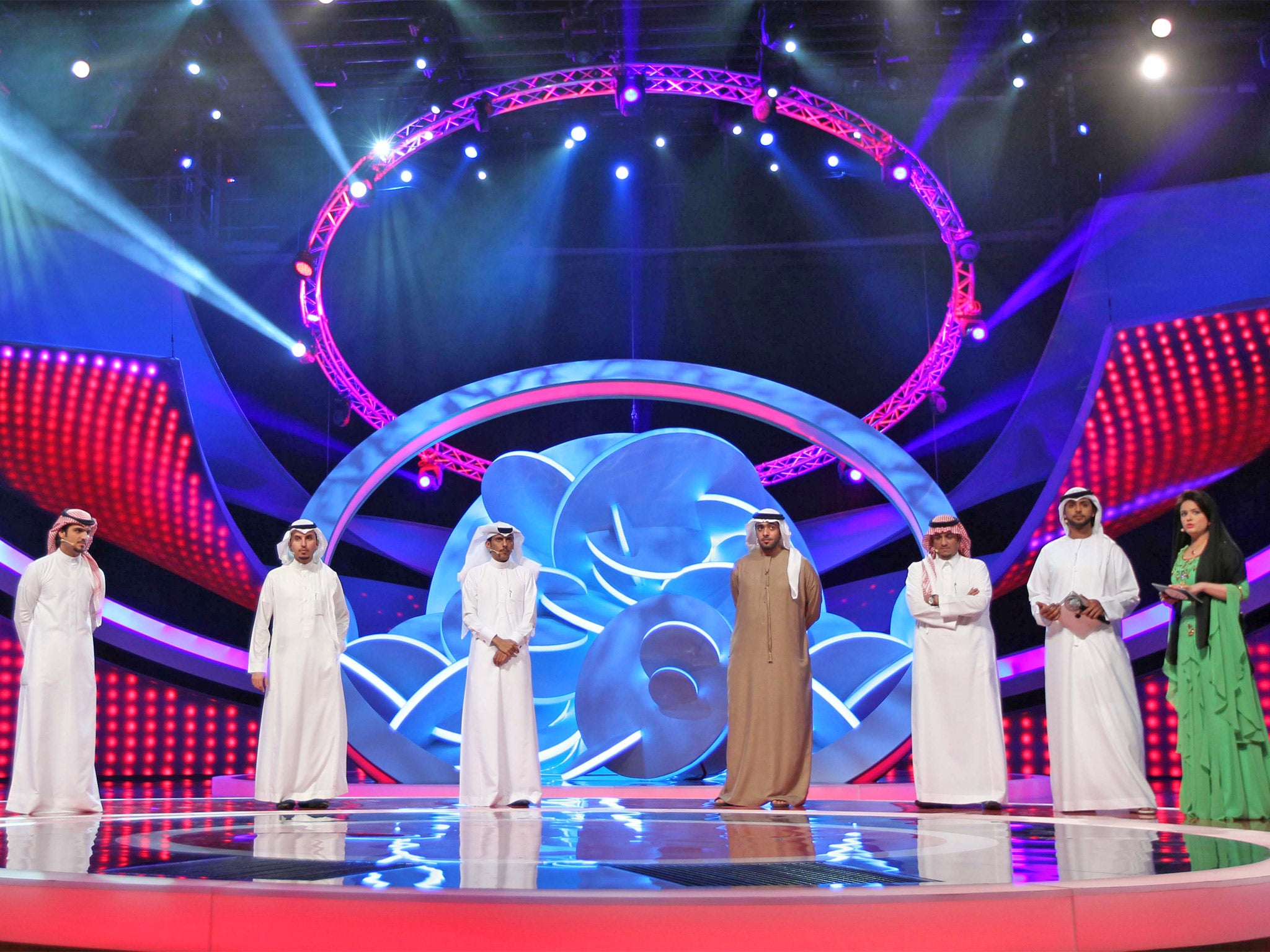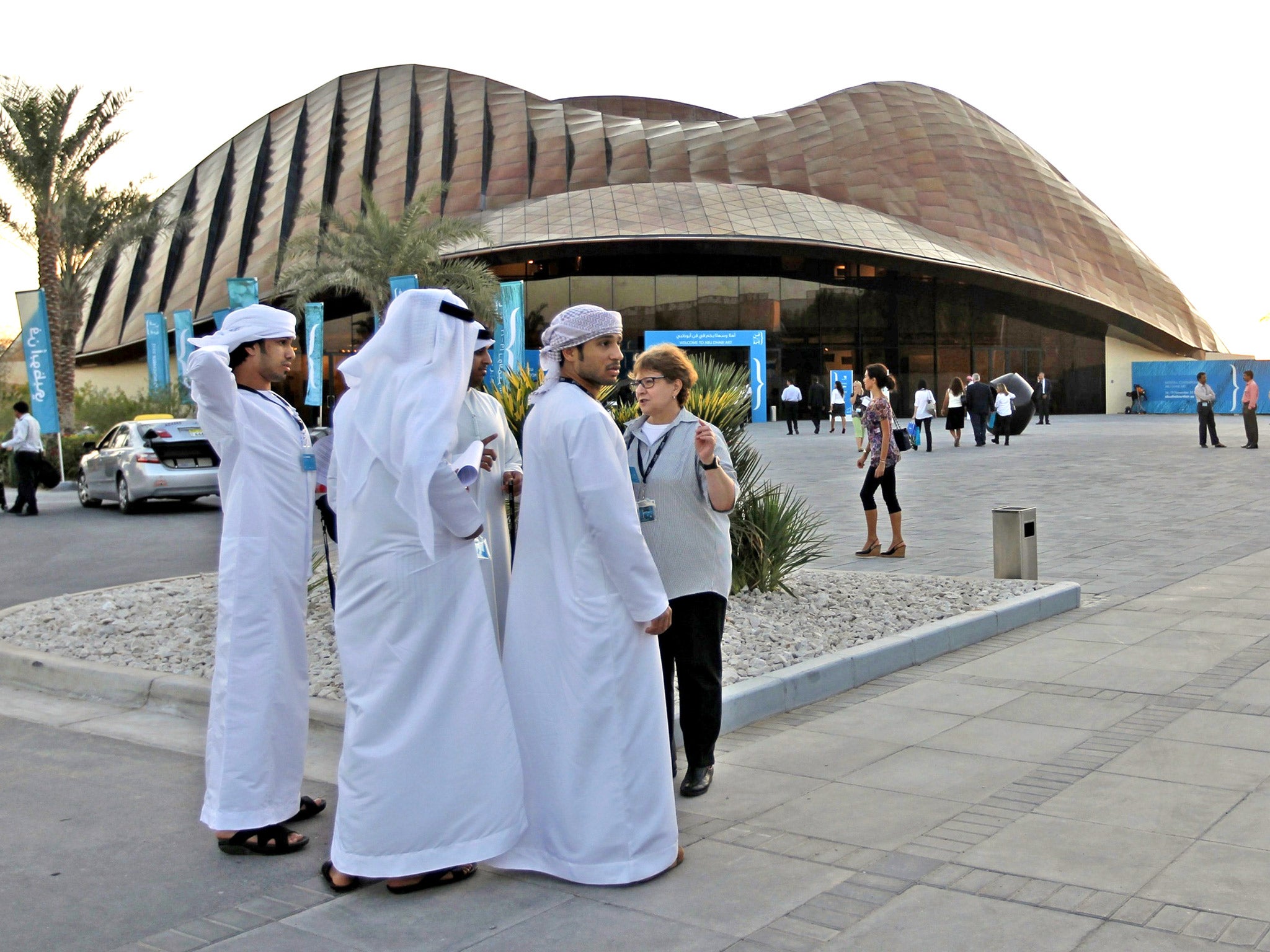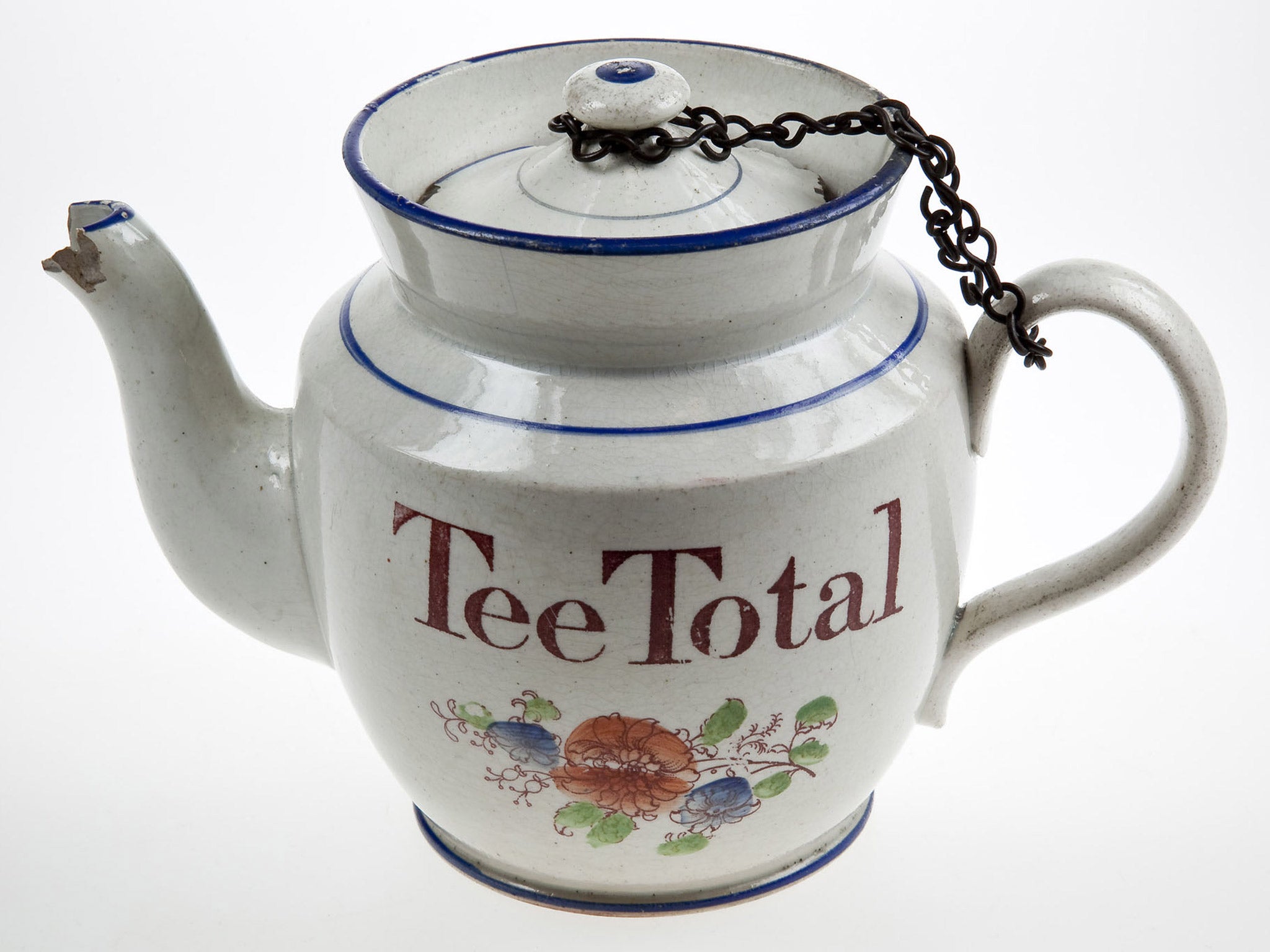The supersized cultural life of Abu Dhabi
Abu Dhabi's talent shows and art exhibitions may be inspired by the West, but the cash-rich capital's culture has a distinctly eastern flavour. Boyd Tonkin reports

Your support helps us to tell the story
From reproductive rights to climate change to Big Tech, The Independent is on the ground when the story is developing. Whether it's investigating the financials of Elon Musk's pro-Trump PAC or producing our latest documentary, 'The A Word', which shines a light on the American women fighting for reproductive rights, we know how important it is to parse out the facts from the messaging.
At such a critical moment in US history, we need reporters on the ground. Your donation allows us to keep sending journalists to speak to both sides of the story.
The Independent is trusted by Americans across the entire political spectrum. And unlike many other quality news outlets, we choose not to lock Americans out of our reporting and analysis with paywalls. We believe quality journalism should be available to everyone, paid for by those who can afford it.
Your support makes all the difference.They do things (slightly) differently in the Emirates. Today, the Al Raha Beach Theatre in Abu Dhabi will host the grand final of the most popular TV talent contest not just in the UAE but across much of the Arab world. Its elimination format, which attracts up to 15 million viewers, in many ways resembles the spotlit stage ordeals of Pop Idol, The Voice or The X Factor. There's even a diva-like psychologist – Nadia Buhannad – on hand to interrogate the quivering (and mostly male) contestants. "They call me intimidating," Dr Buhannad recently told the local press. "I say, 'Queen of Intimidating'."
A couple of special features do set the show apart from the British or US pattern. To begin with, this is a poetry competition. The budding bards recite their contemporary takes on the "Nabati" tradition of Bedouin popular verse, which encompasses satire as well as praise, epic and elegy. The show made worldwide headlines in 2010 when among the finalists was the (fully veiled) Saudi poet Hissa Hilal: her wildly popular poems scourged fatwa-happy extremist clerics. This year, the trophy will stay in the Gulf, as three Emiratis among the six "poetry knights" still standing prepare to do battle in verse with poets from Saudi, Oman and Bahrain.
Ratings for the primetime spectacle usually rendered in English as Million's Poet (maybe The People's Poet would be a snappier translation) can even trounce football finals. And this year's nabob of Nabati will win five million dirhams (around £800,000). Even the fifth-placed poet takes home a cool million (£160,000). Million's Poet sits within a portfolio of events managed by Abu Dhabi's Cultural Programs and Heritage Festivals committee to support local traditions. Its total prize pot this year amounts to 104 million dirhams (£16.8m). Like the steepling towers that still appear to spring up almost overnight in Abu Dhabi, this is a naturalised format on a truly pharaonic scale.
When it comes to culture, Abu Dhabi customises as much as it supersizes. Unlike its brash but (recently) skint neighbour Dubai just down the road, the senior emirate not only has petrochemical wealth to spare. Around a decade ago, it began to sink enormous sums into upscale ventures in the arts and education, part of a long-term strategy for a post-oil, knowledge-based economy.

Rather like Million's Poet, these projects blend international formulae with a firmly supervised indigenous flavour. At this month's Abu Dhabi Book Fair, which stretches across acres of the giant ADNEC exhibition centre, the evening throng of eager book-buying families as always proved a far more impressive sight than the kitsch excess of some of the pavilions. One morning, though, the entire fair was reserved for women and children only. Don't expect the Hay or Edinburgh festivals to follow suit any time soon.
Over on Saadiyat Island, once a bleak sand prairie marooned in the Gulf beyond downtown Abu Dhabi, the world's most ambitious development of artistic infrastructure is approaching launch date with the help of its global team of "starchitects" and curators. Late next year, the Louvre Abu Dhabi (designed by Jean Nouvel) will open, succeeded by Norman Foster's Sheikh Zayed National Museum in 2016 and Frank Gehry's local adaptation of the Guggenheim in 2017. Zaha Hadid's Performing Arts Centre will follow at a later date.
This epic schedule has not run quite so smoothly as the pearl-white sands that stretch for ever along Saadiyat Beach. Construction delays have pushed back the timetable, while an international outcry among artists over the conditions of the migrant labourers has threatened to dent the island's appeal as a destination for cultural tourists. Outside scrutiny can make a difference. After an inspection invited by master-planners TDIC, the Gulf Labour group that monitors rights and conditions reported this month that it was "impressed by many aspects of the model workers' 'village'" on Saadiyat. However, it still found evidence of "multiple violations" by other contractors of TDIC's own codes of practice, and last week said it was "dismayed" by the level of response so far to its proposed reforms to the iniquities of the kafala (sponsorship) system for workers.
Adjacent to the cultural district, New York University has completed construction of its grandiose new Abu Dhabi campus. In spite of the university's commitment to good wages and safe conditions for the South Asian labourers who do most of the heavy lifting on Saadiyat, a New York Times investigation has found evidence of the all-too-familiar kafala abuses among subcontractors: recruitment fees (officially illegal in the UAE), withheld passports, delayed payments and false promises.
For a few years, the vast, cool halls of the Manarat Al Saadiyat (the "lighthouse" of the project) have presented tasting menus of the treasures promised by the new institutions. Last summer, the "Birth of a Museum" exhibition offered a mouth-watering sample of highlights from the Louvre Abu Dhabi collection. This year, the Manarat is showcasing its own spin on A History of the World in 100 Objects. Yes, you will find here many of the items that made the British Museum's original exhibition such a smash in London. The BM itself has served as one of the Saadiyat development's closest partners and advisers. Significantly, though, it has not merely licensed an identical touring version.

100 Objects looks even more splendid on Saadiyat than it did in Bloomsbury. The design curves and winds across millennia to spotlight the artworks and artefacts that embody the human story. In this fresh context, some of the wonders from the surrounding region have a particular resonance: the cosmetic palette for some fine Egyptian lady (4000BCE), the Iraqi writing-tablet that records the beer ration due to workers (3000BCE), the cute clay camels from the Silk Road, the wall paintings from an Iraqi harem, or the Yemeni bronze hand (100-300CE) that commemorates the worship of some long-forgotten pre-Islamic deity of the Arabian Peninsula. Such time-capsules give you a strong sense of this spot as ancient hub, harbour and crossroads.
But this is not quite the show that wowed the crowds in London, or on Radio 4. You will search in vain for the Warren Cup, the famous Roman silver chalice with its depiction of male lovers having acrobatic sex. (Last year, however, the Louvre taster did boast its fair share of fruity 18th-century French nudes.) Overall, 100 Objects has not just been resprayed but re-engineered. In place of the post-national cosmopolitanism of Bloomsbury, the displays now serve to raise the curtain on the Sheikh Zayed National Museum and to affirm that "the UAE's identity has been formed on the exchange between the regional and the international". On Saadiyat, the selection now discreetly waves a patriotic flag.
At the exit, the organisers have added as a bonus a foot-controlled car designed by a (female) student in Abu Dhabi, Reem Al Marzouqi, for disabled drivers without the use of their arms – evidence of "the continuing role that the youth of this country have to play in the future of mankind". So the shipped-in cultural grand tour receives its Emirati certificate of approval. Don't underestimate the scope and ambition of the top-down enlightenment rolled out under the aegis of the Al Nahyan dynasty. Don't mistake it either for mimicry or emulation of any Western model. This desert hybrid will set its own cultural rules. In the meantime, perhaps one of Britain's own 100-plus billionaires might like to fund a prime-time TV show for poetry, with £2.5m in prize money.
'A History of the World in 100 Objects': Manarat Al Saadiyat, Saadiyat Island, Abu Dhabi, until 1 August; 9am-8pm daily
Join our commenting forum
Join thought-provoking conversations, follow other Independent readers and see their replies
Comments